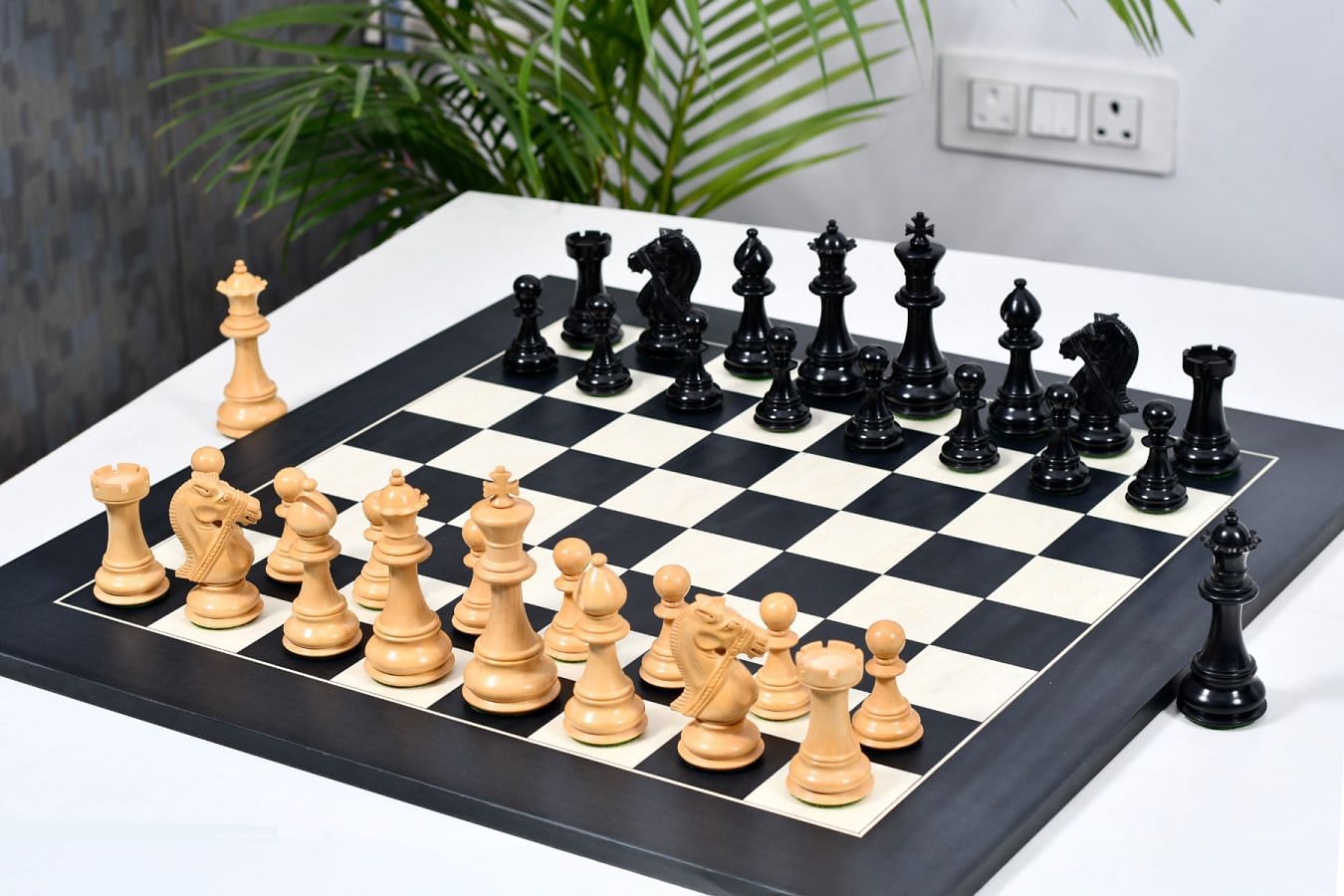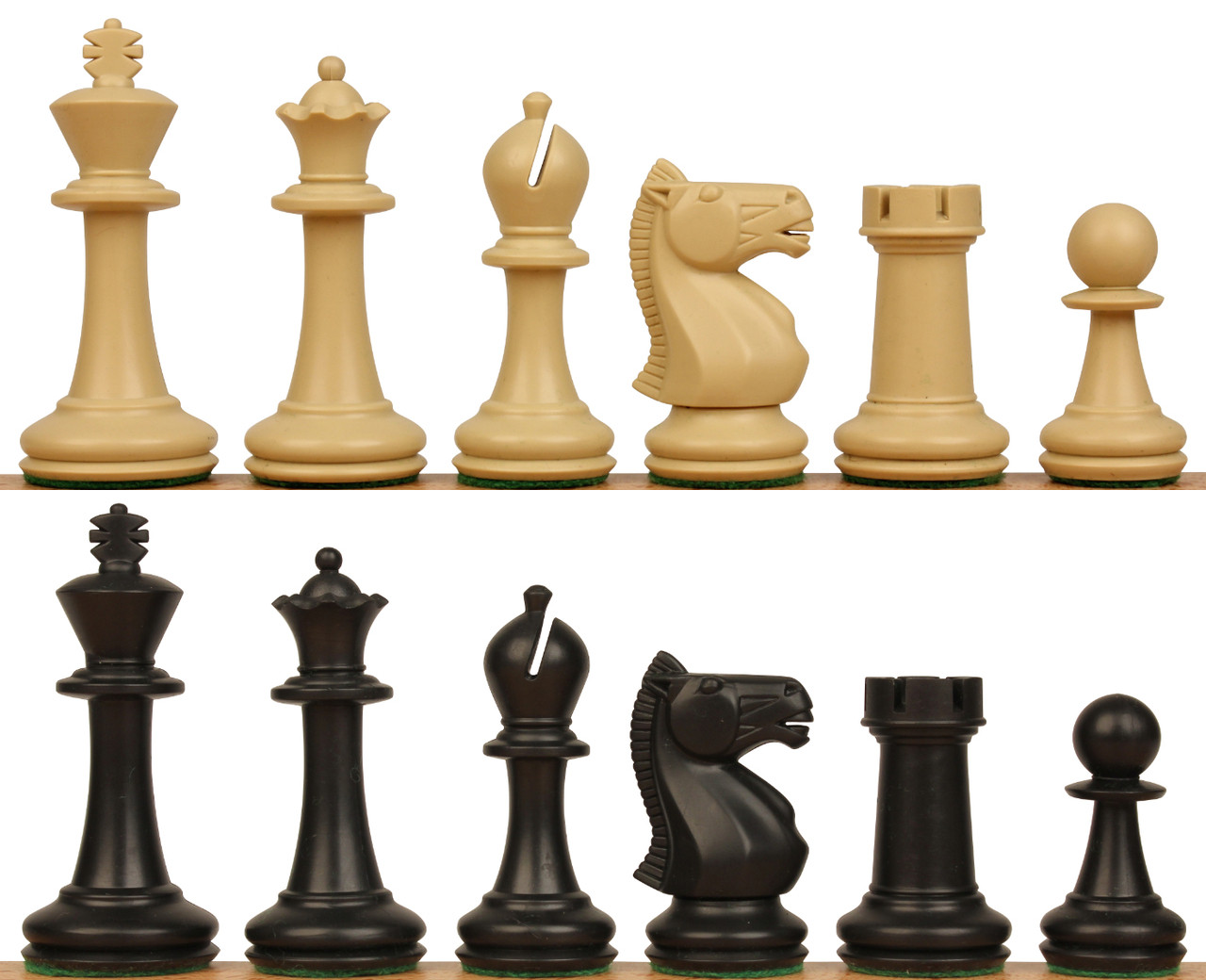Strategies for Chess: Unlocking the Secrets to Grasping the Game
Chess methods incorporate a range of strategies critical for success. Understanding the fundamentals is important for any kind of gamer. Each stage of the game-- from openings to endgames-- needs an unique technique. Understanding these aspects can lead to considerable advantages. The journey doesn't finish with basic understanding. There are much deeper layers to explore, exposing the intricacies that can truly raise one's game. What exists past the surface area of these basic methods?
Recognizing the Principles of Chess
While numerous gamers concentrate on advanced techniques and approaches, recognizing the basics of chess is necessary for anybody looking for to boost their game. The structure of chess starts with the regulations, which determine how each piece actions and captures. Experience with the board's format and item worths is important, as it aids players evaluate settings and make educated decisions.
In addition, grasping fundamental concepts such as control of the center, piece development, and king security prepares for effective gameplay. Gamers need to discover the significance of maintaining pawn framework and acknowledging threats, as these aspects can greatly influence the outcome of a match.

Creating a Winning Opening Approach
A successful opening approach in chess is essential for developing an advantageous setting early in the game. Players often concentrate on crucial principles such as piece growth, control of the center, and king safety and security. Developing items efficiently permits better flexibility and tactical chances, while occupying the central squares enhances impact over the board.
Opening approaches can vary significantly, from aggressive lines targeted at quick assaults to solid formations that prioritize protection and progressive growth. Knowledge with common openings, such as the Ruy Lopez or Sicilian Protection, can provide players with an arsenal to attract from and adjust to opponents' reactions.
In addition, keeping adaptability in one's opening up technique is vital, as inflexible play can result in predictable patterns quickly manipulated by experienced challengers. Eventually, a winning opening technique sets the phase for a successful center game, leading the way for victory.
The Value of Board Control
Board control functions as a basic aspect of chess technique, considerably affecting the end result of the game. Efficient board control allows a player to determine the rate and circulation of the match, providing possibilities for critical growth while restricting the opponent's choices. By inhabiting key squares, particularly in the center, gamers can enhance their piece wheelchair and create stronger positions.
Controlling the board also promotes much better control among items, enabling tactical mixes and defenses. Chess. This benefit often translates into increased pressure on the opponent, leading to potential errors or miscalculations. On the other hand, a lack of board control can leave a player vulnerable, as their pieces come to be restricted in movement and effectiveness
Thus, mastering the art of board control is essential, as it lays the structure for effective maneuvers and long-lasting strategic preparation, inevitably establishing the victor in chess.
Tactics and Mixes: Searching For Hidden Opportunities
Uncovering methods and combinations is essential for obtaining an advantage in chess, as it allows gamers to exploit look at these guys weak points in their opponent's setting. Tactical awareness includes identifying patterns such as forks, pins, and skewers, which can result in material gain or positional advantage. Gamers should regularly check the board for hidden chances, reviewing prospective risks and feedbacks.
Mixes typically include a series of moves that might initially show up counterproductive but can culminate in a crucial outcome. Chess. As an example, compromising a piece to lure an opponent into a trap can shift the game's momentum
Efficient computation is essential; gamers should envision a number of moves ahead to predict the consequences of their activities. Normal practice of tactical problems can develop this skill. Ultimately, grasping tactics and combinations empowers gamers to take control of the game, transforming apparently average placements right into winning possibilities.
Endgame Techniques: Safeguarding Your Victory
Mastery of strategies and combinations prepares for success, yet identifying exactly how to convert advantages into success during the endgame is just as important. In this phase of the game, gamers should concentrate on piece coordination and pawn promo. Understanding crucial concepts such as opposition and regulating essential squares can substantially boost one's possibilities of winning.
Efficient endgame techniques involve streamlining the position when ahead, trading items to minimize the challenger's counterplay, and utilizing the king actively as a combating piece. Gamers should intend to produce passed pawns that can advance towards promotion, forcing the challenger to divert resources to resist them.
Exercising typical endgame circumstances, such as king and pawn versus king, can give indispensable experience. Preserving persistence and insight during the endgame will certainly typically separate the novice from the master, as decisive moments can occur suddenly.
Analyzing Your Opponent's Actions
How can a player effectively anticipate their challenger's technique? Examining an opponent's steps is important for creating a competitive side in chess. Gamers must observe patterns in their opponent's play style, keeping in mind propensities such as hostile or defensive maneuvers. By understanding these patterns, a player can forecast prospective feedbacks and prepare counter-strategies.
Acknowledging the opening choices can disclose a wealth of info relating to a challenger's favored approaches. Gamers must likewise assess the timing and context of details steps, examining the underlying motivations behind them.
Using techniques such as preserving an adaptable frame of mind and adapting to shifts in the game can boost a player's ability to respond effectively. Furthermore, monitoring their challenger's clock monitoring may supply understandings right into their level of confidence and convenience with the placement. In general, thorough observation and click resources evaluation are vital for preparing for and combating an opponent's approach.
Continual Understanding and Enhancement in Chess

Continual understanding is a basic facet of boosting one's chess game, matching the analytical skills developed with observing opponents. Gamers can boost their capacities by studying timeless games, checking out opening up concepts, and engaging with literary works on advanced methods. On the internet sources and chess engines give indispensable tools for evaluating previous games, enabling players to determine errors and improve their decision-making procedures.
Joining tournaments and informal suits is vital for functional experience, enabling players to apply new knowledge in real-time scenarios. Furthermore, signing up with clubs or on-line forums fosters an area setting where gamers can exchange understandings, go over strategies, and receive constructive feedback.
On a regular basis examining one's very own video games and those of higher-rated players aids light up areas for enhancement - Chess. By cultivating a mindset Click This Link of lifelong discovering, chess lovers can constantly adapt, evolve, and eventually reach their capacity in this detailed and fulfilling game
Frequently Asked Inquiries
What Are the very best Chess Publications for Beginners?
The finest chess books for newbies include "Chess for Dummies" by James Eade, "The Total Bonehead's Overview to Chess" by Patrick Wolff, and "Bobby Fischer Instructs Chess." These resources give basic strategies and important expertise for new players.
Exactly how Do I Manage Shedding Touches in Chess?

What Online Platforms Are Best for Exercising Chess?
Popular on the internet platforms for exercising chess consist of Chess.com, Lichess.org, and Internet Chess Club. Each deals various functions such as puzzles, tutorials, and affordable play, accommodating various ability levels and choices amongst chess lovers.
Just How Can I Enhance My Chess Visualization Skills?
To boost chess visualization skills, one ought to exercise psychological workouts, resolve puzzles, analyze video games without a board, and progressively boost the complexity of settings. Frequently playing blindfold chess can likewise substantially improve visualization capabilities.
What Are Typical Psychological Traps in Chess?
Usual mental traps in chess include overconfidence, time stress, and the fear of errors. Players may also succumb verification predisposition, leading them to ignore much better steps while concentrating on previously effective approaches.